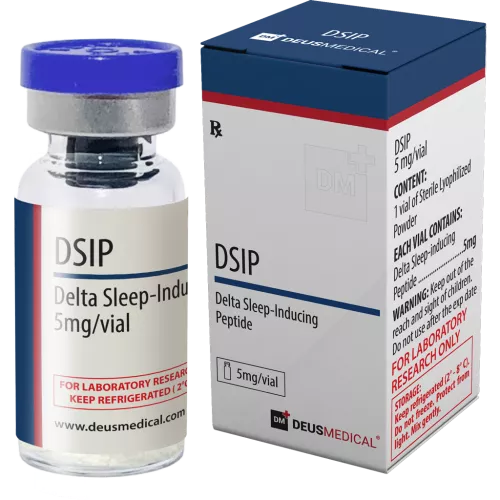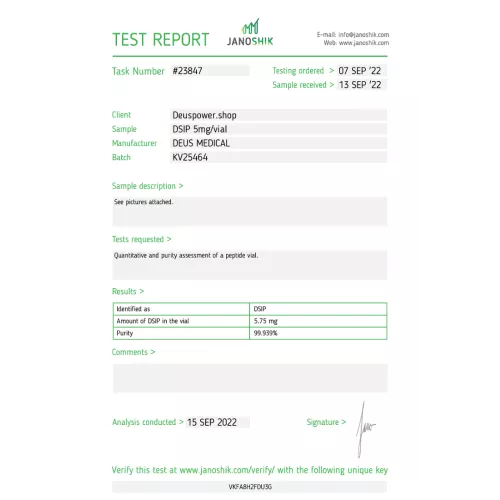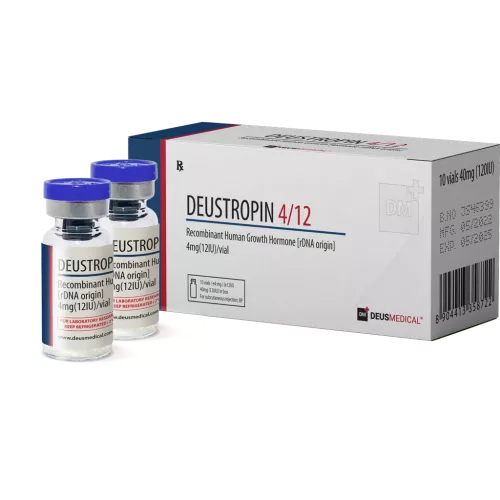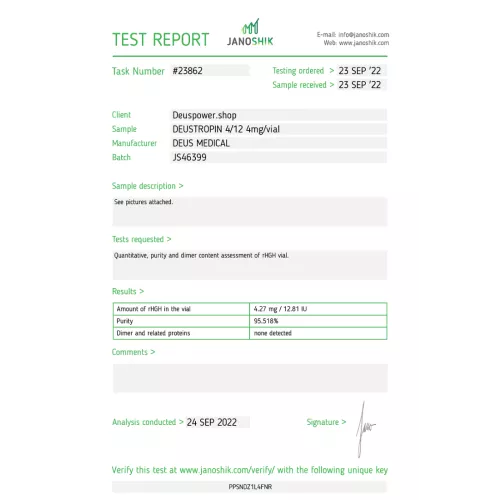08 May
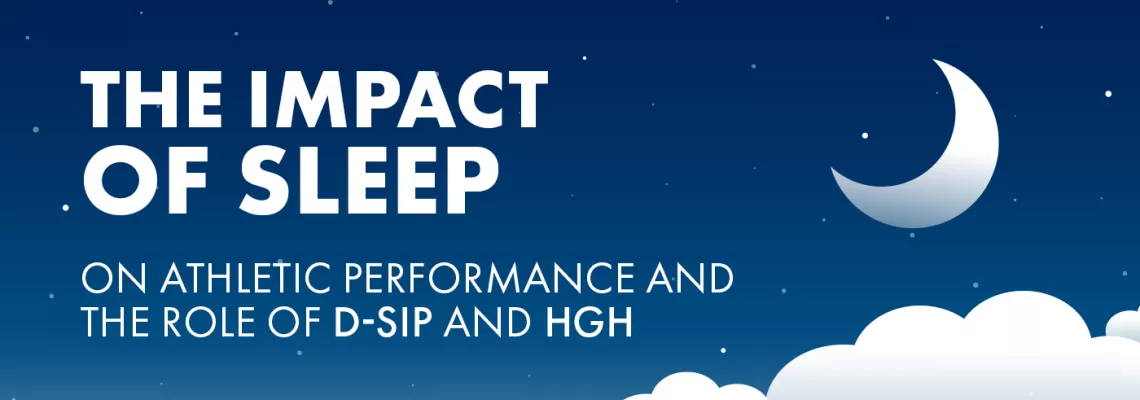

The Impact of Sleep on Athletic Performance and the role of D-SIP and HGH
Sleep plays a crucial role in overall health and well-being, particularly for athletes who require adequate rest to optimize performance and recovery. A typical night's sleep can be divided into repetitive 90-minute cycles, which consist of two main phases: REM (Rapid Eye Movement) and NREM (Non-REM). Both phases contribute to various aspects of physical and mental recovery, and their disruption can have detrimental effects on athletic performance. In this article, we will discuss the impact of sleep on different types of sports and how D-SIP peptide and Human Growth Hormone (HGH) can help improve sleep quality and, consequently, athletic performance.
Sleep Cycles and Athletic Performance:
REM Sleep: During this phase, the brain is highly active and involved in emotional regulation and neuronal reorganization, which is crucial for maintaining a healthy brain. Disruptions in REM sleep can lead to emotional instability and compromised cognitive performance.
NREM Sleep: This phase can be further divided into different sub-stages, but we will focus on its role in overall recovery. NREM sleep is associated with the release of growth hormone (GH) and other hormones that promote muscle protein synthesis. Adequate NREM sleep is essential for energy restoration and nervous system recovery.
The Impact of Sleep on Different Sports:
Poor sleep quality and duration can negatively impact endurance and aerobic power sports, not due to reduced VO2max or acidosis buffering capacity, but rather by prematurely reaching the Rate of Perceived Exertion (RPE) limit. The Flush Model suggests that starting a race with low RPE (an empty RPE tank) allows athletes to perform for longer before reaching their limit. However, when athletes are tired or nervous before a race, they begin with a partially filled RPE tank and reach their limit sooner.
In a study, sleep-deprived athletes were unable to replenish their glycogen stores effectively. Sports that require quick reaction times or high tactical components are more adversely affected by poor sleep, while strength-based sports are less penalized. This can be attributed to the negative effects of sleep deprivation on learning and cognitive performance.
For strength athletes, such as powerlifters, performance in complex movements may suffer due to reduced concentration and earlier RPE limits. Prolonged poor sleep can also cause an imbalance between the sympathetic and parasympathetic nervous systems, leading to increased resting heart rate, appetite loss, weight loss, sleep difficulties, and emotional instability – symptoms that resemble overtraining.
D-SIP Peptide and HGH for Better Sleep:
D-SIP (Delta Sleep-Inducing Peptide) is a naturally occurring neuropeptide that has been shown to promote sleep by inducing slow-wave sleep (SWS), which is the deepest stage of NREM sleep. SWS is crucial for physical and mental recovery, making D-SIP an ideal supplement for athletes looking to improve their sleep quality and overall performance.
Human Growth Hormone (HGH) is primarily released during NREM sleep and plays a crucial role in muscle growth, repair, and overall recovery. Supplementing with HGH can help athletes maintain optimal hormonal balance, facilitating better sleep and enhanced recovery.
Conclusion:
Sleep is a vital aspect of athletic performance, and understanding its role in different sports can help athletes tailor their training and recovery strategies. Incorporating D-SIP peptide and HGH supplementation can contribute to improved sleep quality, allowing athletes to maximize their performance and recovery while minimizing the risk of overtraining and other sleep-related issues.

